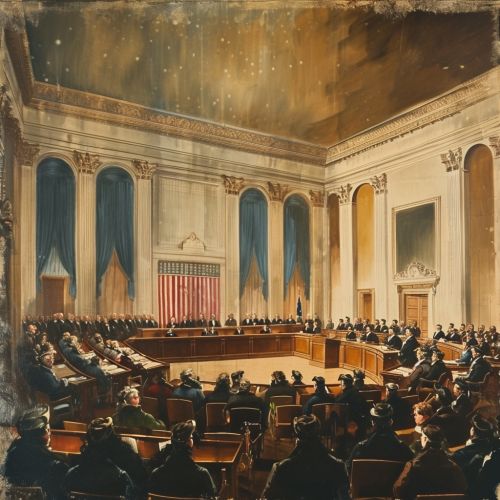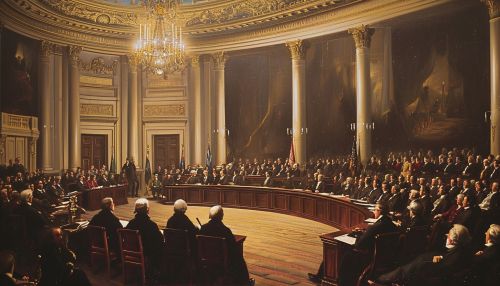1789 in American Law Discussion
Early 1789
The year 1789 was a pivotal year for American law, marking the beginning of the Constitutional era. The First Congress convened on March 4, 1789, marking the first time the new Constitution was put into effect. This was a significant moment in the history of American law, as it marked the formal establishment of the federal government and the beginning of the United States as a constitutional republic.


The Judiciary Act of 1789
One of the most significant pieces of legislation passed in 1789 was the Judiciary Act. This Act established the structure and jurisdiction of the federal court system and created the position of Attorney General. The Act also outlined the original and appellate jurisdiction of the Supreme Court and established the federal judicial districts and circuit courts.
The Bill of Rights
In addition to the Judiciary Act, another significant development in American law was the drafting of the Bill of Rights. While the Bill of Rights was not ratified until 1791, the process of drafting these amendments began in 1789. The Bill of Rights consists of the first ten amendments to the Constitution and outlines the fundamental rights and freedoms of individuals, including freedom of speech, the right to bear arms, and protection against unreasonable searches and seizures.
The Federalist Papers
The year 1789 also saw the publication of the last of the Federalist Papers, a series of essays written by Alexander Hamilton, James Madison, and John Jay advocating for the ratification of the Constitution. These essays played a crucial role in shaping the interpretation and understanding of the Constitution and continue to be cited in legal arguments and Supreme Court decisions today.
Later 1789
As the year 1789 drew to a close, the First Congress passed a number of significant pieces of legislation. These included the Tariff of 1789, which was designed to raise revenue for the new government and protect domestic industries, and the Collection Act of 1789, which established the United States Customs Service and outlined the duties and responsibilities of customs officers.
Conclusion
The year 1789 was a foundational year for American law, with the establishment of the federal government, the passage of the Judiciary Act, the drafting of the Bill of Rights, and the publication of the Federalist Papers. These developments laid the groundwork for the legal system that we know today and continue to shape the interpretation and application of the law.
